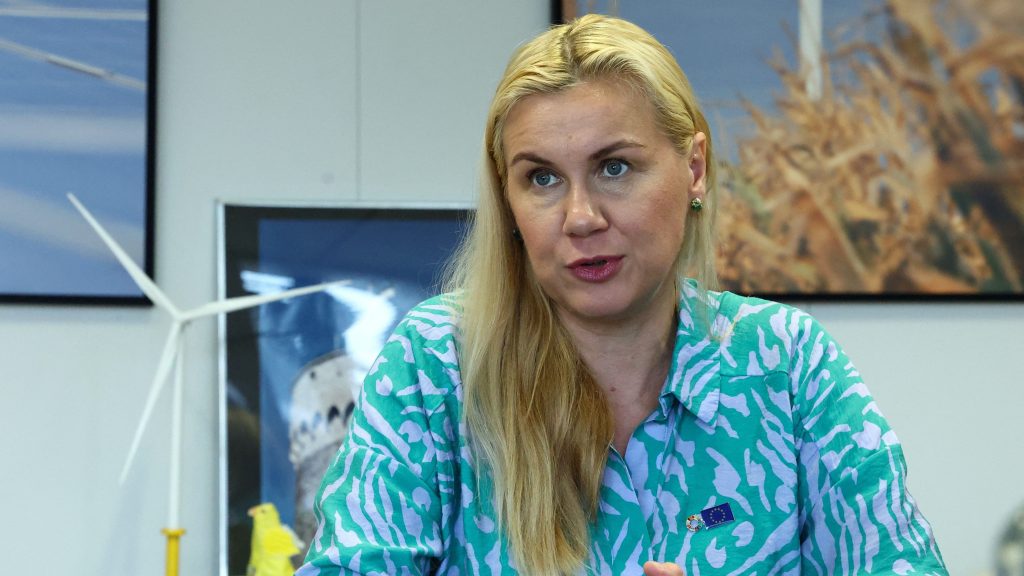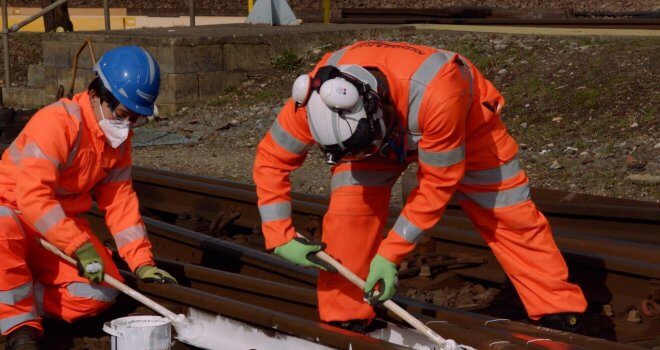Europe’s Power Industry Warns Ageing Grids Risk Green Goals

Europe’s electricity industry has warned that unprecedented investments are needed to upgrade ageing electricity grids, or the EU will fail to meet its clean energy targets.
The European Union’s plans to curb climate change foresee millions more electric vehicles on European roads by 2030, as well as a massive expansion of renewable energy, and electric heat pumps starting to replace fossil fuel boilers in houses.
Electricity industry association Eurelectric said on Thursday that to support those goals, average annual investments in Europe’s electricity grids from now to 2050 need to be at least 84% higher than they were in 2021.
“We want to transform the entire energy system at record speed, replace fossil fuels – oil and gas – with electricity. So we add loads of new generation capacity to the grid, we add electric cars, heat pumps,” Eurelectric Secretary General Kristian Ruby said.
“Therefore, you cannot say today what we used to do 10 years ago will be just fine for the next 10 years. It’s just not the case,” he said.
The European Commission has said power grid investments of 584 billion euros ($626.3 billion) per year are needed until 2030 to meet green goals.
Much of that is expected to come from private sources or be paid for through grid tariffs. Eurelectric said public funding should target upgrading grids quickly, over other longer-term infrastructure like hydrogen projects that would launch in the 2030s.
EU Energy Commissioner Kadri Simson said grid projects will be included in an upcoming list of cross-border infrastructure that will be offered faster permits and access to EU funding.
“If we will not upgrade grid infrastructure very fast, we will not achieve our 2030 targets,” she said.
Forty percent of Europe’s power distribution grids are over 40 years old. Most are designed around large centralised power plants, and will need upgrading to distribute power from the fleet of local solar panels and wind farms expected to plug in this decade.
EU countries are negotiating power market reforms that could make it easier and faster for grid operators to invest in upgrading networks. However, governments have been struggling to approve the law since June because of a dispute over state aid for power plants.
(Reporting by Kate Abnett in Brussels; Editing by Matthew Lewis)




